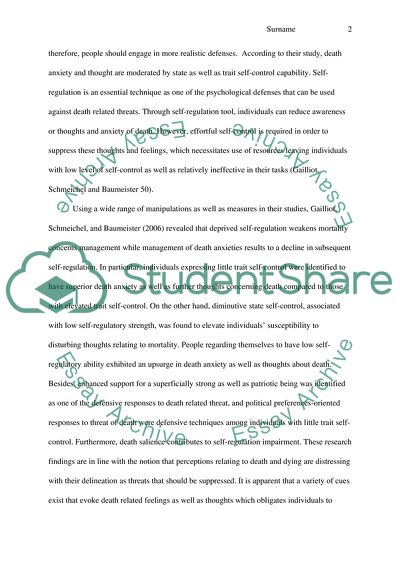Cite this document
(Death and Dying Essay Example | Topics and Well Written Essays - 1500 words - 1, n.d.)
Death and Dying Essay Example | Topics and Well Written Essays - 1500 words - 1. https://studentshare.org/psychology/1773605-death-and-dying
Death and Dying Essay Example | Topics and Well Written Essays - 1500 words - 1. https://studentshare.org/psychology/1773605-death-and-dying
(Death and Dying Essay Example | Topics and Well Written Essays - 1500 Words - 1)
Death and Dying Essay Example | Topics and Well Written Essays - 1500 Words - 1. https://studentshare.org/psychology/1773605-death-and-dying.
Death and Dying Essay Example | Topics and Well Written Essays - 1500 Words - 1. https://studentshare.org/psychology/1773605-death-and-dying.
“Death and Dying Essay Example | Topics and Well Written Essays - 1500 Words - 1”. https://studentshare.org/psychology/1773605-death-and-dying.


